module binarytogray #(
parameter PTR=2
)(
input logic [PTR:0] binary_value,
output logic [PTR:0] gray_value
);
genvar i;
generate
for(i=0;i<PTR;i=i+1) begin:for_loop
assign gray_value[i]=binary_value[i]^binary_value[i+1];
end
endgenerate
assign gray_value[PTR]=binary_value[PTR];
endmodule
This binary to gray conversion code is an example from a book. Can anybody explain:
assign gray_value[i]=binary_value[i]^binary_value[i+1];
I am not able to understand this specific XOR operation for converting to gray code from binary.
Example on EDAplayground.
